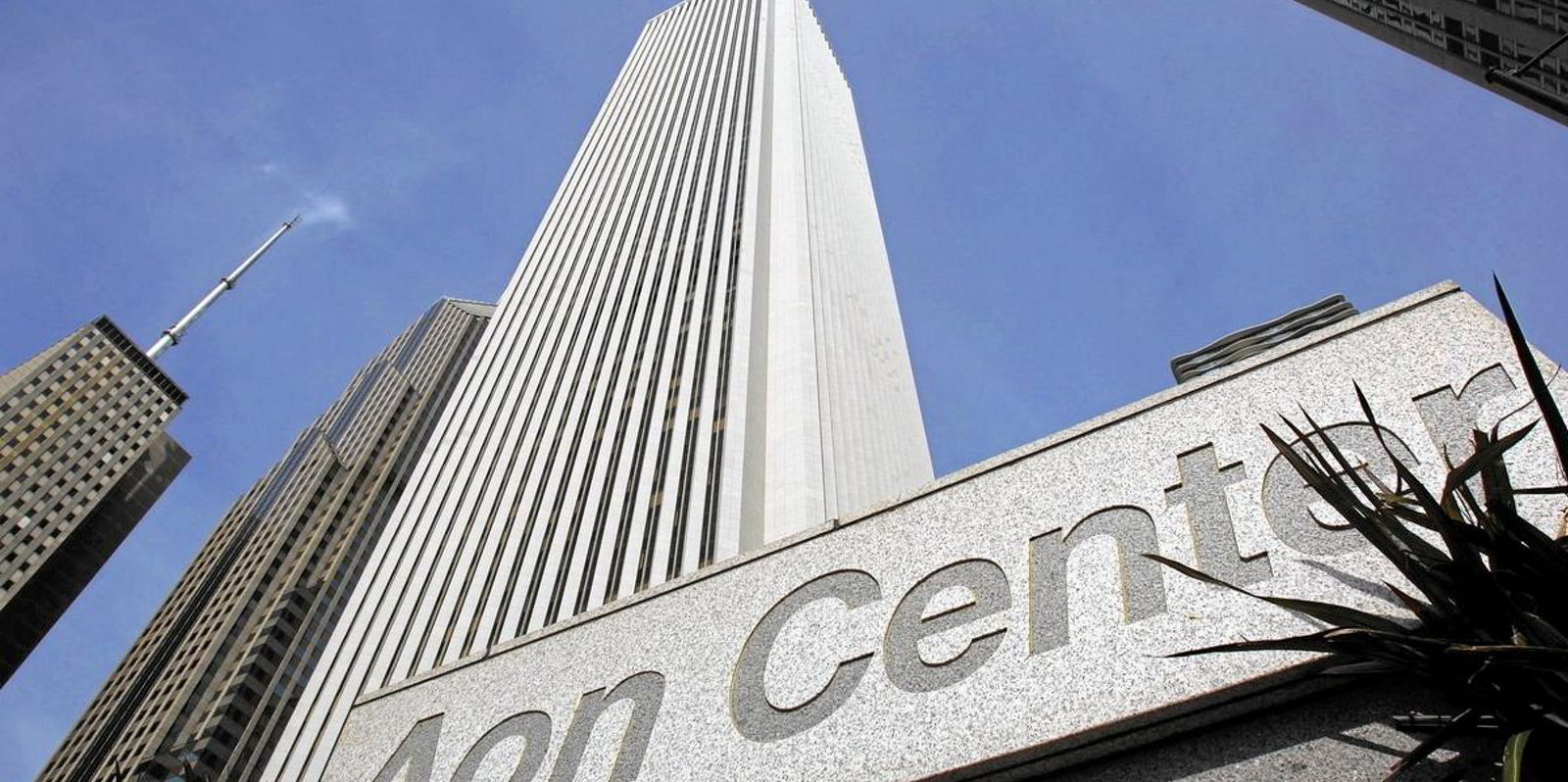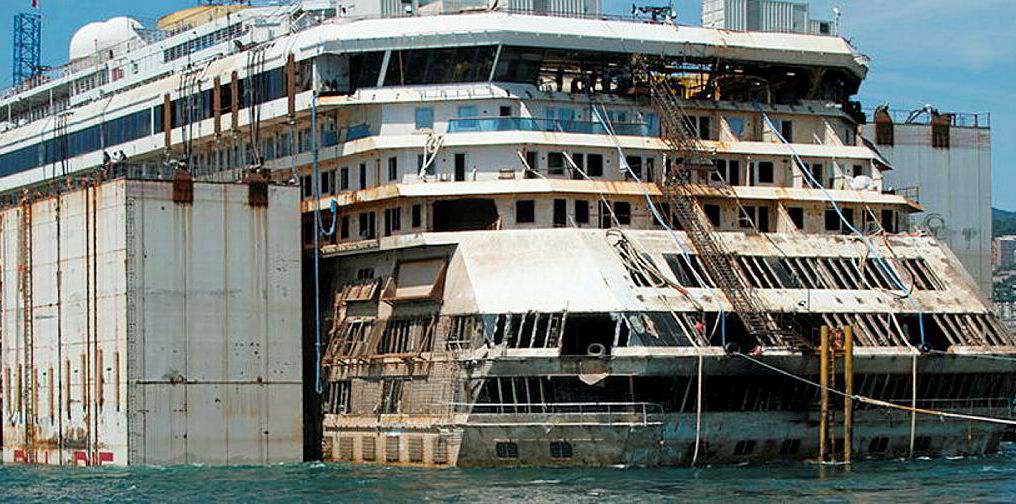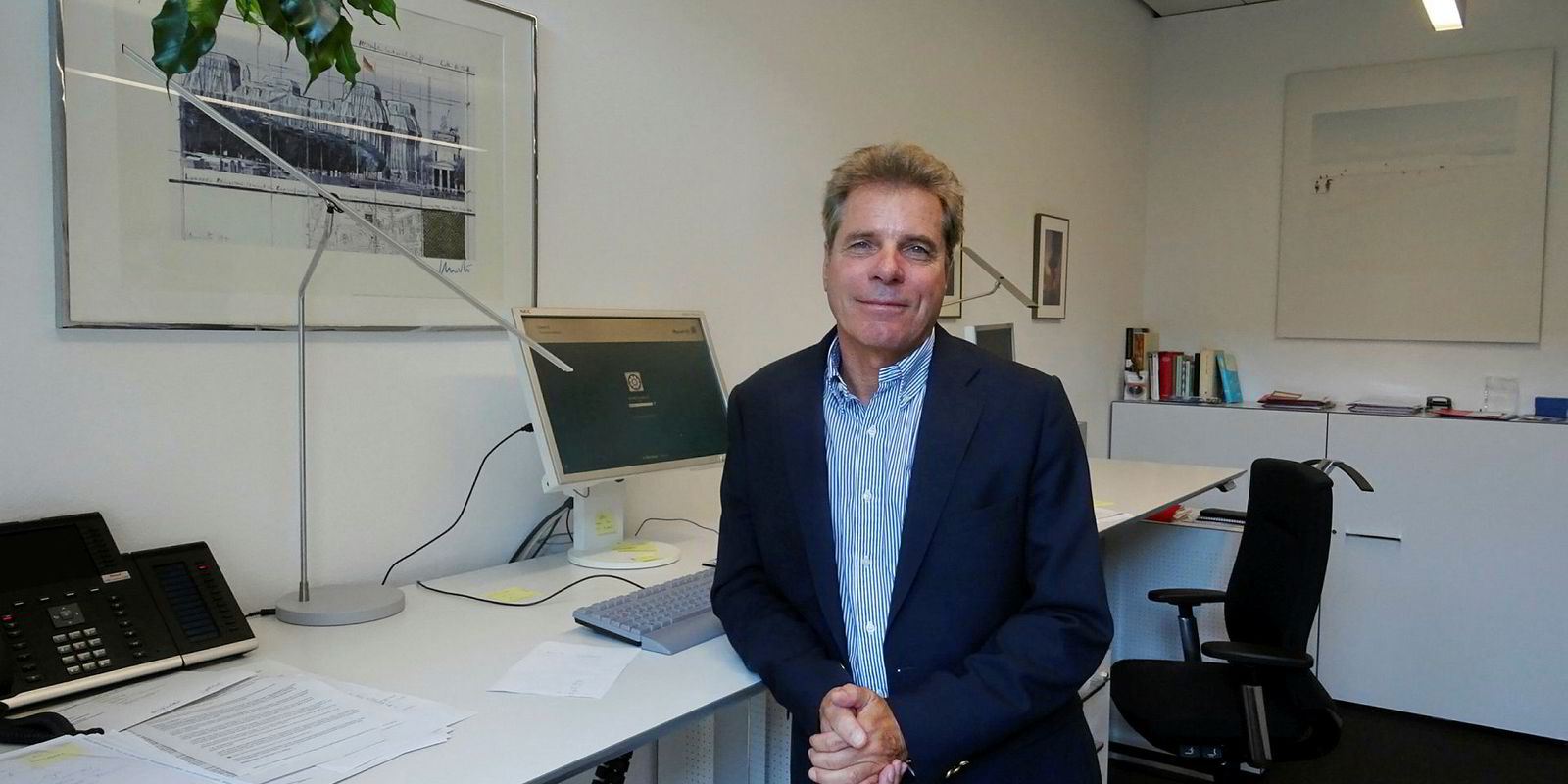Marine insurance broker Aon is calling for the passenger ship sector’s clean claims record to be recognised by protection and indemnity clubs’ reinsurers.
In its latest report, Aon points out that passenger ships have not had to call on its reinsurance cover under the International Group of P&I Clubs claims pool in more than a decade.
The International Group pools the claims of its members in excess of $10m, with claims exceeding $100m covered by a collective commercial reinsurance scheme.
Although there have been no passenger ship claims to break past the $100m reinsurance threshold, owners have seen their reinsurance premium soar.
“Despite no claims in a decade, reinsurance rates for the cruise and ferry sector have increased by 176.4% since then, and we are yet to see any softening of those rates,” Aon said.
It also points out that even when most of the world’s passenger ships were put into layup during the Covid pandemic there were no concessions granted by reinsurers.
One issue that industry experts point out is that reinsurers are still smarting from the last major passenger ship reinsurance claim, which was the Costa Concordia.
The luxury cruise ship, which grounded off the coast of Giglio in January 2012, claiming 32 lives, turned out to be the costliest-ever single shipping insurance claim.
The accident, and complex year-long wreck removal off the island, is estimated to have cost marine and P&I insurers more than $2bn.
It is also suggested that the potential liabilities from a major cruise ship accident — with modern vessels able to carry more than 5,000 passengers and 2,000 crew — make it one of the riskiest sectors for marine reinsurers.
Outside the P&I market, the marine insurance market was badly burned by a fire on a luxury yacht under construction at Germany-based shipyard Lurssen in 2018. The fire cost the marine insurance market more than $700m and added to negative sentiment towards the sector.
Aon argues that the Costa Concordia incident should have already worked through the passenger ship pricing in the reinsurance market.
Downward adjustment
“Aon has and continues to highlight the need for recognition of the strong performance of the passenger sector, and for some downward adjustment to these high premiums now, rather than an otherwise sharp reduction that would be needed in the future and which could have a negative knock-on impact for the rates in other sectors,” it said in its recently released P&I report.
There have been adjustments made under the International Group reinsurance scheme, but usually when claims in one sector soar.

The International Group and its reinsurers adjusted its reinsurance scheme to separate container ships from the dry sector in 2020, to re-rate the ship type in response to a series of exceptionally high boxship claims.
More recently, a spate of costly car carrier fires has raised the question of whether a separate rating should be created for this sector. Aon said despite the size of the claims the car carriers probably do not yet merit their own classification.
“The sector probably wouldn’t be large enough to sit on its own, and the more each category is divided, the more thinly the premium would be spread. This would lead to greater exposure, to potential volatility caused by a lower number of claims,” Aon said.
Commenting more generally on the upcoming P&I policy renewal in February Aon said it expected a “soft” renewal where rate rises would be lower than in the previous two years and limited to “single digits”.
It said that the improved financial position of P&I clubs, helped largely by a dip in claims, should put them in a position to be more “flexible” in upcoming negotiations with shipowners.
Some of the stronger clubs should be in a position to return capital to members as evidenced by Steamship Mutual’s recent decision to provide a 7.5% rebate to renewing members.
“Overall, we anticipate a relatively soft renewal with general increases (or targeted increases, as some clubs call them) in the single digits. We’d like to see the clubs that are performing very well have no increase at all, with maximum increases from other clubs of 5% to 7.5%. We should see greater flexibility in negotiations compared to the last couple of renewals,” Aon said.





